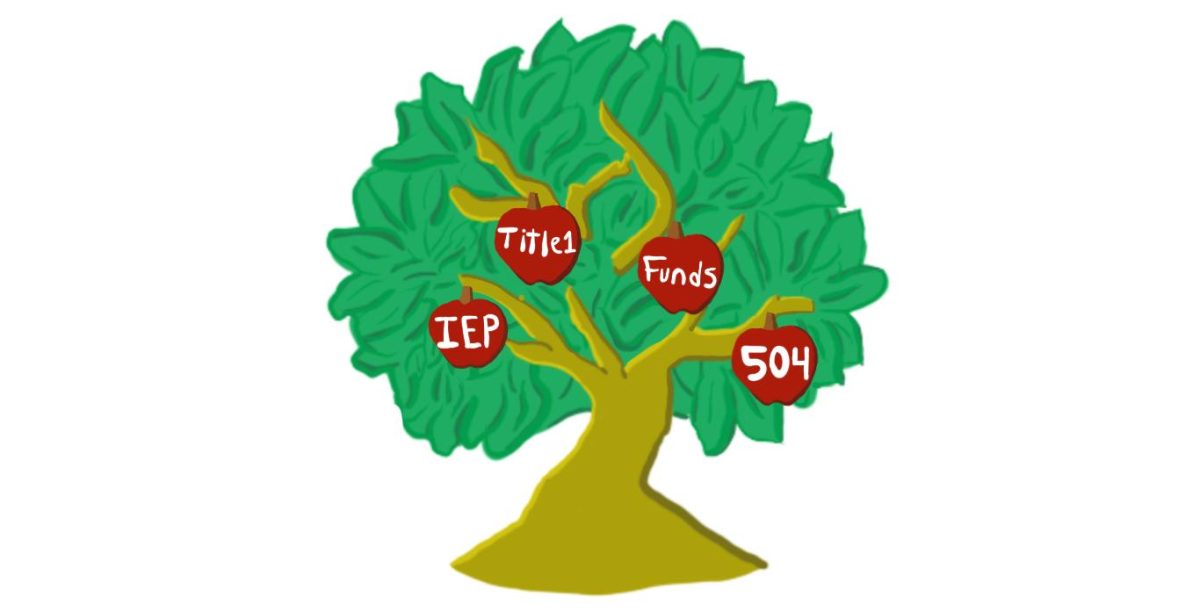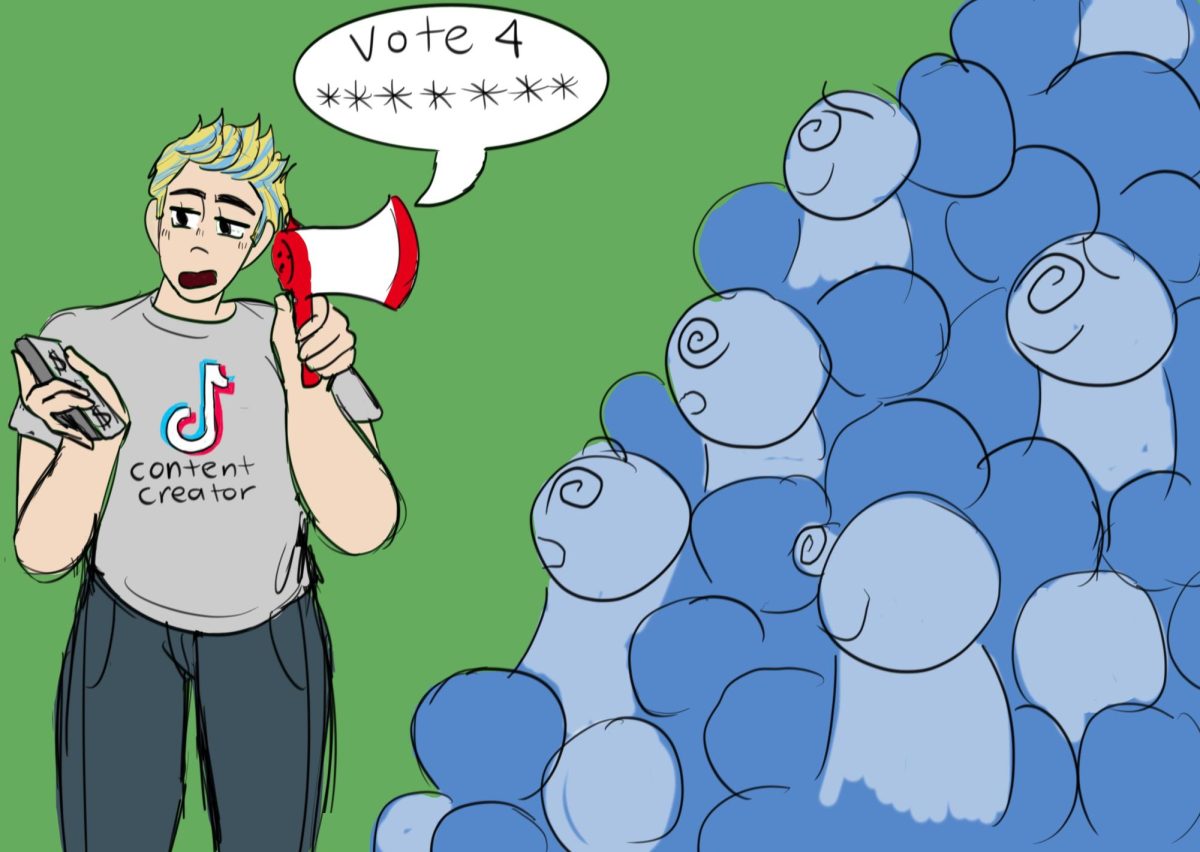Oct. 2024 marks one year since Taylor Swift officially reached billionaire status, according to Forbes, Taylor Swift Becomes World’s Richest Female Musician. However, in an era where wealth is often equated with success and virtue, the glorification of billionaires has become a troubling norm. Billionaires are frequently lauded for their ingenuity and business acumen, but the reality of their fortunes often involve exploitation. Celebrating billionaires without critically examining the conditions that led to their wealth not only misrepresents their true impact on society but can also perpetuate a harmful narrative towards their success and the means people use to achieve it.
The journey to billionaire status involves significant exploitation of both human and environmental resources. Many of the world’s wealthiest individuals have amassed their fortunes by leveraging low-wage labor in poor working conditions, evading taxes or undermining environmental regulations, according to CNBC, Many wealthy Americans escape big income tax bills.
For instance, tech giants and retail magnates often depend on a global supply chain where workers in developing countries endure grueling hours for meager pay. In reality, CNBC also reports that founder and former CEO of Amazon Jeff Bezos pays less taxes than the average postal worker. Similarly, in sectors like finance and real estate, wealth accumulation can be linked to practices that destabilize economies and displace communities.
Moreover, the immense wealth of billionaires drives a phenomenon known as the wealth gap. Pew Research Center, ‘What’s the difference between income and wealth?’ and other common questions about economic concepts, explains that as wealth becomes increasingly concentrated, the gap between the ultra-wealthy and the rest of the population widens. This disparity is not just a matter of numbers but translates into real-world consequences such as reduced access to quality education, healthcare and basic needs for the majority.
Studies have proven that socio-economic inequality has negative effects on both economic growth and social mobility. The International Monetary Fund, Causes and Consequences of Income Inequality: A Global Perspective, evaluated these consequences in a 2015 report that revealed a higher net wealth inequality to be associated with a lower output of GDP growth. The systemic inequality perpetuated by extreme wealth accumulation fosters a society where opportunities are disproportionately available to a privileged few.
Celebrating billionaires also skews the public’s understanding of success and value. The narrative that individual brilliance and hard work are the sole contributors to such immense wealth ignores the broader socioeconomic structures that facilitate and sustain it. It suggests that anyone can achieve similar success if only they work hard enough, disregarding the roles of systemic advantage, inherited wealth and the exploitation of others. This gives into a myth of meritocracy which obscures the reality of how billionaires accumulate their wealth.
Taylor Swift, as one of the most successful and wealthy entertainers of her generation, represents a modern example of a billionaire whose wealth and influence come with complex ethical considerations. While she may not directly engage in exploitative practices, her success is intertwined with the broader economic system, which can perpetuate exploitation indirectly.
The US Occupational Safety and Health Administration, Federal OSHA coverage, reported 5,486 fatal work injuries in 2022 alone. This staggering number represents the countless dangerous, exploitative practices OSHA has observed in factories similar to ones responsible for producing Swift’s merchandise. Although Swift herself is not directly involved in the day-to-day operations of these production processes, her brand’s demand for high volumes of merchandise contributes to the pressures on manufacturers to cut costs, which can exacerbate labor exploitation. Moreover, her commercial success indirectly supports a system that can exploit workers in less regulated industries.
Furthermore, under these circumstances, Swift’s merchandise highlights a broader issue in the entertainment and fashion industries. The profits and influence of high-profile figures like Swift are often built on supply chains that involve exploitative labor practices. While she may advocate for various causes and use her platform for positive change, the indirect impact of her commercial activities on global labor practices remains a significant ethical consideration.
Instead of celebrating billionaires, society should focus on addressing the causes for such extreme concentrations of wealth. Emphasizing the importance of equitable labor practices, fair wages and responsible corporate behavior can help reframe the narrative around success. By prioritizing the well-being of workers and the environment over the accumulation of individual wealth, we can create a more just and balanced society.
The celebration of billionaires is problematic because it overlooks the often exploitative means by which they achieve their status and perpetuates a distorted view of success. Acknowledging and addressing the systemic issues that contribute to extreme wealth inequality is crucial for fostering a more equitable society. It’s time to shift our focus from celebrating billionaires to addressing the root causes of their wealth and working towards a fairer world for everyone.








